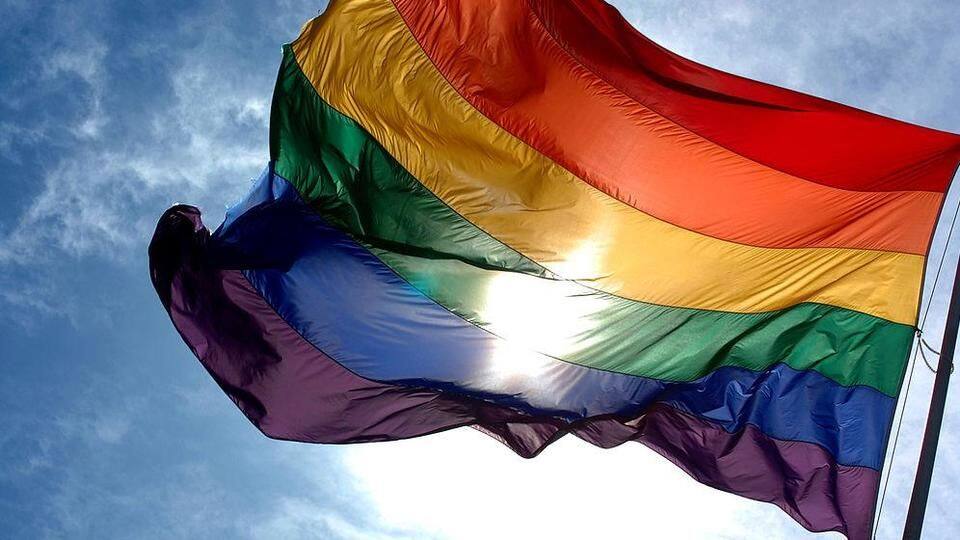
Australia votes yes for gay marriage rights
What's the story
Australia has voted overwhelmingly in support of same-sex marriage, with 61.6% voting yes. Once the Parliament follows through, it will become the 26th country in the world to legalize gay marriage. The poll saw a turnout of almost 80%- higher than Brexit (72%) and Ireland's same-sex referendum (60%). People were seen bursting into cheers, hugging and crying as the results were announced.
History
Australian states had the death penalty for homosexuality till recently
When the British colonized Australia towards the end of the 18th century, they introduced anti-gay laws. Sodomy was punishable by death penalty in Australia's southern Victoria state till as late as 1949. But in 1975, bold legislative changes came as South Australia decriminalized male homosexuality. Twenty-two years later, Tasmania became Australia's last state to follow through.
Controversy
The voluntary national postal ballot drew much criticism
As the debate picked up steam, Australia proposed a voluntary poll. It was controversial for more than one reason. For one, estimates said the survey would cost 122mn AUD ($97mn). Moreover, unlike Australia's compulsory elections, it was voluntary, raising speculations many wouldn't even respond and deem the whole process fruitless. The campaigns were hate-filled; Nazi symbols made an appearance and controversial ads drew ire.
Twitter Post
PM Turnbull urges citizens to vote yes
Lucy and I are voting YES because it's fair. Make sure you have your say too by returning your survey form. pic.twitter.com/6xhaDYC7pQ
— Malcolm Turnbull (@TurnbullMalcolm) September 23, 2017
Laws
New hate speech laws were introduced but Australians weren't demotivated
Australia even got new hate speech laws, though temporarily: anyone threatening or vilifying another was liable to be fined upto AUD$12,600 ($10,103). The Australian High Court eventually allowed the postal ballot to proceed. Citizens were asked one question: "Should the marriage law should be changed to allow same-sex couples to marry?" Voting opened on September 12 and closed on November 7. 12.7mn Australians participated.
Aftermath
What does this mean for Australia?
This doesn't necessarily mean legalization: many Parliament members have committed to opposing marriage equality legislation. But this paves the way for legalization. Within hours, billboards reminding lawmakers of their promise to decriminalize same-sex marriage came up. Attorney General Goerge Bandis said he expected a change in the Marriage Act by Christmas. If that happens, Australia will be the 26th country to legalize same-sex marriage.
Twitter Post
Ellen DeGeneres congratulates Australia on poll results
It’s a g’day. Way to go Australia. #MarriageEquality pic.twitter.com/0tdnBHPAW1
— Ellen DeGeneres (@TheEllenShow) November 14, 2017
India
What about gay rights in India?
In India, Section 377 criminalizes homosexuality, but the SC's ruling on privacy has opened the doors for challenging discriminatory laws. The social taboo associated with being gay has also somewhat lessened in big cities. Meanwhile, LGBT events have also made their way to smaller towns like Lucknow, Bhopal and Guwahati too. A petition against Section 377 is currently pending in the SC.